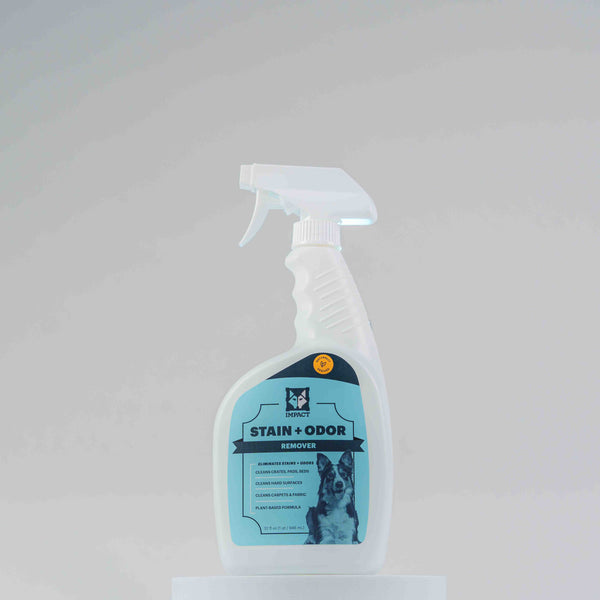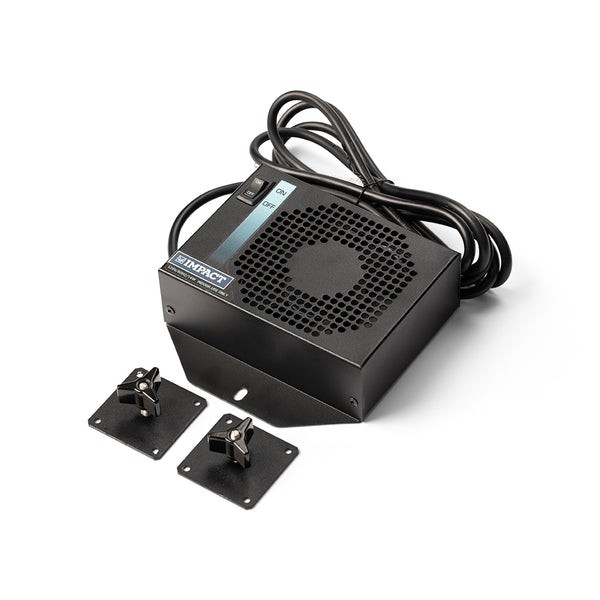Hematuria, or blood in a dog’s urine, can be alarming! It may appear as a pink tint, streaks of bright red, or even dark discoloration in the urine. While hematuria isn’t always a medical emergency, it does indicate an underlying issue—ranging from something treatable like an infection to more serious concerns such as tumors or urinary stones. The sooner you notice possible hematuria in your dog, the sooner you can ensure your pup’s health and prepare for treatment and recovery.
Treatment Options
Treatment for hematuria depends entirely on its underlying cause. Your veterinarian will recommend a treatment plan based on the results of a urinalysis and any additional diagnostic testing. Common treatments include:
-
Antibiotics – If a bladder or urinary tract infection (UTI) is present. Bladder infections are one of the most common causes of hematuria and typically begin to resolve within a few days of starting treatment.
-
Dietary Changes – If bladder stones are suspected, prescription diets can help dissolve or prevent them, reducing pain and preventing recurrence.
-
Surgery – In cases where a large stone or tumor is obstructing the urinary tract, surgery may be necessary to remove the blockage and restore proper function.
-
Anti-inflammatory Medication – If hematuria is linked to inflammation or trauma in the urinary tract, anti-inflammatories may help reduce swelling and discomfort.
-
Fluids & Supportive Care – For more serious or systemic infections, intravenous (IV) fluids and close veterinary monitoring may be needed to support your dog’s recovery.
Always follow your vet’s treatment plan exactly as prescribed—including dosage, frequency, and timing of medications.
What to Expect at the Veterinary Office
Not knowing what to expect can make the situation even more stressful. Here’s a general overview of what your vet may do:
-
Urinalysis – This is the primary test to check for signs of infection, blood cells, crystals, bacteria, and overall urine chemistry, including color, specific gravity, pH, and more.
-
Blood Work – Helps assess kidney function and detect signs of systemic illness or infection.
-
X-rays or Ultrasound – These imaging tools can help identify bladder stones, tumors, or other abnormalities in the urinary tract.
-
Culture Tests – If a bacterial infection is suspected, a culture may help pinpoint the specific bacteria involved for more effective treatment.
Your vet will explain all results in clear, everyday language and walk you through each step of the process.
Common Causes of Blood in Urine
Understanding what might cause hematuria helps you act quickly if it happens again. Common causes include:
-
Urinary tract infections (UTIs)
-
Kidney or bladder stones
-
Trauma or injury
-
Tumors or cancer in the bladder or kidneys
-
Toxic ingestion (e.g., rodenticides or poisonous plants)
-
Prostate disease (in male dogs)
-
Blood clotting disorders
At-Home Care and Monitoring
Helping your dog recover at home takes time, consistency, and care. Try the following tips:
-
Encourage your dog to drink plenty of water to flush out the urinary tract.
-
Stick to any vet-recommended diets, especially if bladder stones are involved.
-
Give medications exactly as prescribed—don’t skip or double up on doses.
-
Keep a daily log of your dog’s symptoms, especially changes in urine color, frequency, or behavior.
-
Provide a quiet, clean, and comfortable environment for rest and healing.
-
Even if your dog seems better, always finish the full course of treatment.
When to Call the Vet Again
Stay alert and reach out to your vet if any of the following occur:
-
Increased blood in the urine after treatment has started
-
Straining or crying during urination
-
No urination for over 12 hours
-
Refusing to eat or vomiting
-
Sudden lethargy or disorientation
-
Signs of abdominal discomfort or visible swelling
Don’t wait—acting early can make all the difference.
You’re Not Alone
It’s hard to see your dog going through health issues, but with reliable veterinary care, close attention, and patience, most dogs recover well from hematuria. You’re doing the right thing by seeking information and support. Stay in close contact with your vet, trust the process, and know that your dog is lucky to have someone like you by their side.
https://www.petmd.com/dog/conditions/urinary/how-treat-hematuria-dogs













